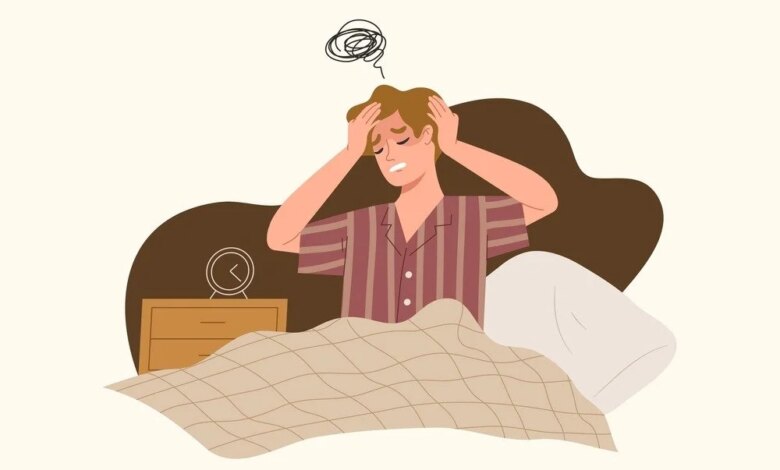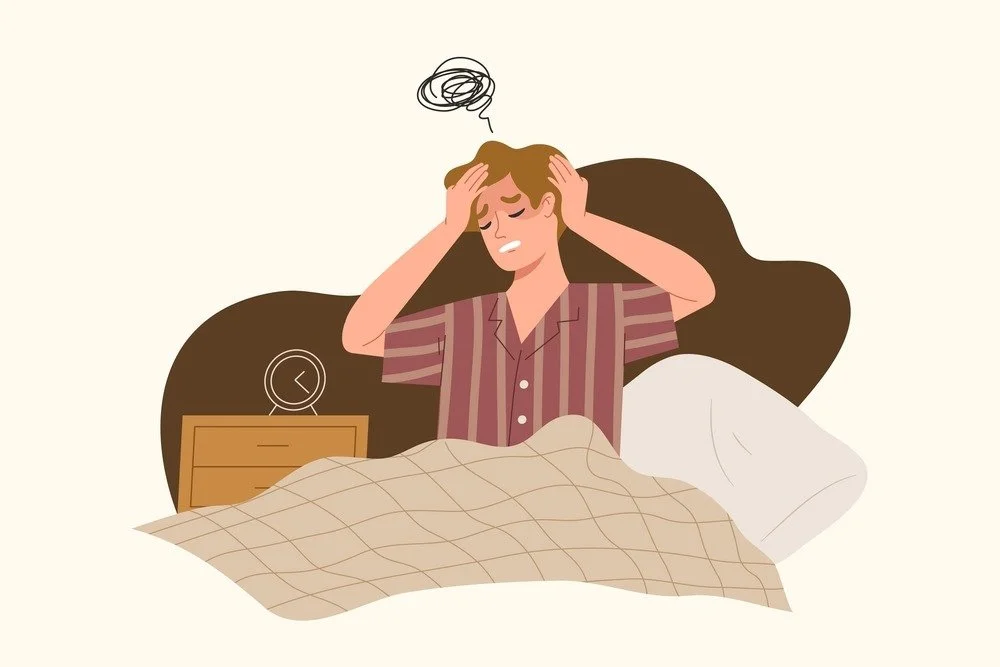The Secret to Managing Stress — REM Reward


Have you ever noticed how a poor night’s sleep leaves you feeling overwhelmed? There’s a reason for that, deeply rooted in our biology. When we sleep, we don’t just shut down; we enhance our brain’s resilience to stress.
Our endocrine system, which manages stress hormones like cortisol, plays a central role. Cortisol acts as your body’s built-in alarm system, helping you react quickly when needed. However, too much cortisol, especially from lack of sleep, can make minor issues seem catastrophic. During sleep, particularly in deep, restorative stages, our bodies balance hormone levels, essentially hitting the reset button on our stress responses (Buckley & Schatzberg, 2005).
Research highlights a continuous loop between sleep and stress. They influence each other profoundly. Stress can hinder sleep, creating a challenging cycle to break. But the good news is that improving sleep can reduce stress, making it easier to sleep well the next night.
For example, a study in the Journal of Adolescent Health found that teenagers who slept less reported higher stress levels, which in turn made it harder for them to sleep (Fuligni & Hardway, 2006). It’s a vicious cycle, but better sleep can help mitigate it.
How does good sleep act as your anchor? It allows your brain to process and recover from the day’s events. During the dream-rich REM phase, our brains are almost as active as when we’re awake, processing emotions, sorting through memories, and ‘cleaning house.’ This nightly mental maintenance helps us wake up with a clearer mind, better equipped to handle stress. It’s like hitting the refresh button, providing a fresh start each day (Walker, 2017). So when someone tells you to “sleep on it,” they’re onto something—sleep really does help you process and resolve the day’s challenges, making it easier to tackle problems with a refreshed perspective.
Understanding the profound connection between sleep and stress management empowers you to prioritize rest. Sleep isn’t just a passive state or a luxury; it’s a dynamic, active process critical for mental and emotional well-being. By viewing sleep as an essential part of your stress management toolkit, you can approach it with the respect and attention it deserves, recognizing it as a powerful resource.

